(NADS) - In the race for electric vehicle battery technology, Hyundai Motor is striving towards the goal of developing a Lithium Iron Phosphate (LFP) battery line with the world's highest energy density, reaching 300 Wh/kg. This is an important step to increase the energy storage capacity of electric vehicles and help the Korean automaker improve its competitiveness with international rivals.
In close collaboration with domestic partners, Hyundai is focusing on developing LFP battery technology in the hope of achieving a quantum leap in energy density. This means that the amount of electricity that can be stored per kilogram of battery will increase significantly, creating outstanding advantages for future electric vehicles. With higher energy density, electric vehicles can travel longer on a single charge without increasing the size or weight of the battery.
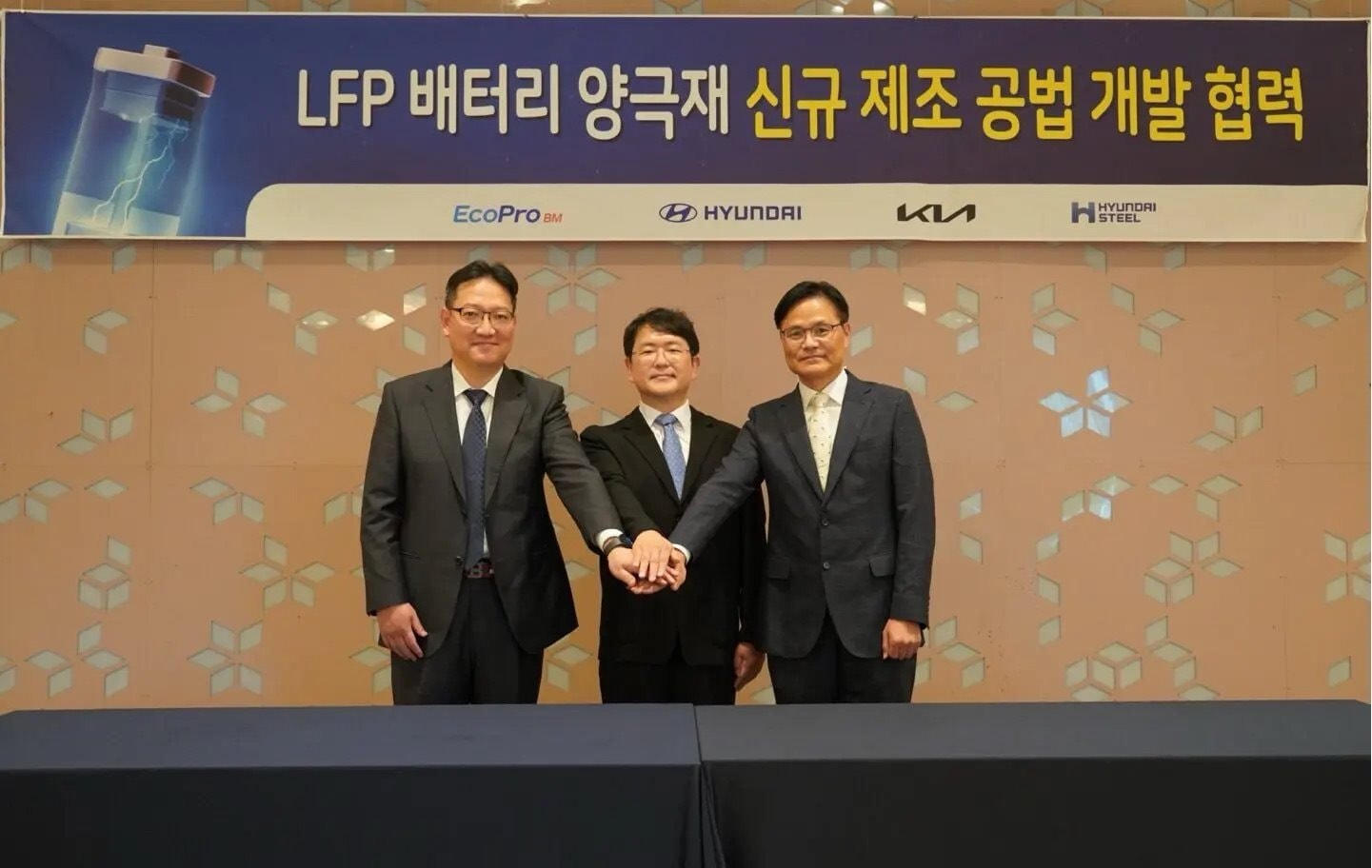
Currently, Chinese battery manufacturers, especially CATL and BYD, are dominating the market with LFP batteries with energy densities of around 200 Wh/kg. However, Hyundai has set a target of increasing this density to 300 Wh/kg by 2025, equivalent to a 150% increase compared to the current level. This goal is expected to create a turning point in the electric vehicle industry, not only helping Hyundai improve its competitiveness but also opening up many development opportunities for mid-range and low-cost electric vehicles.
Hyundai initially planned to complete the development of LFP batteries in 2023-2024. However, with a strategic adjustment, the company has postponed the target to 2025 to ensure the completion and breakthrough in battery technology, with an energy density of up to 300 Wh/kg. Notably, Hyundai Motor not only plays the role of a technology user but also directly participates in the battery design process, while partners are responsible for the development.
This new LFP battery will be used in small and mid-range electric vehicles where cost and safety are decisive factors. LFP batteries have advantages such as lower production costs and higher stability compared to nickel-cobalt-manganese (NCM) batteries commonly used in high-end cars. In particular, LFP batteries help reduce the risk of fire and explosion, providing peace of mind for users.
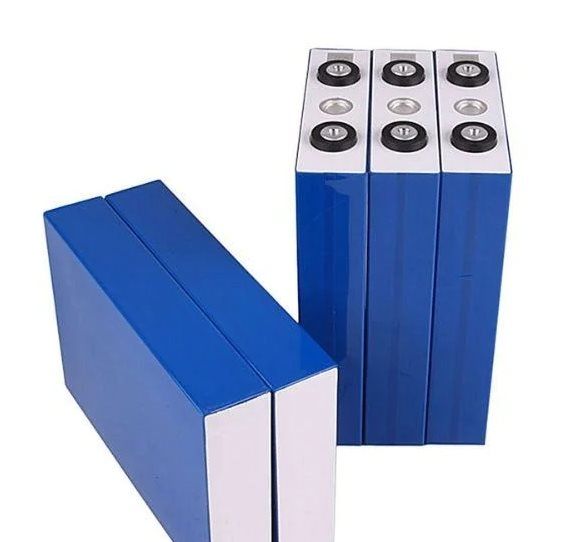
Currently, Chinese manufacturers such as CATL and BYD control about 90% of the global LFP battery market. Hyundai not only wants to develop technology to increase competitiveness but also aims to break the dominance of these competitors. Proactively producing batteries also helps the Korean automaker reduce its dependence on external supplies, creating conditions for bringing electric vehicles to the market at more competitive prices.
Looking further ahead, Hyundai’s move is part of a long-term strategy to accelerate the transition to environmentally friendly electric vehicles to meet the growing demands of global consumers. By developing high-energy density LFP batteries, Hyundai is asserting its leading position in the electric vehicle revolution, opening up a promising future for more sustainable, efficient and safer electric vehicles.
Source: https://nhiepanhdoisong.vn/hyundai-day-manh-phat-trien-pin-lfp-voi-mat-do-nang-luong-dot-pha-san-sang-canh-tranh-tren-thi-truong-xe-dien-15388.html


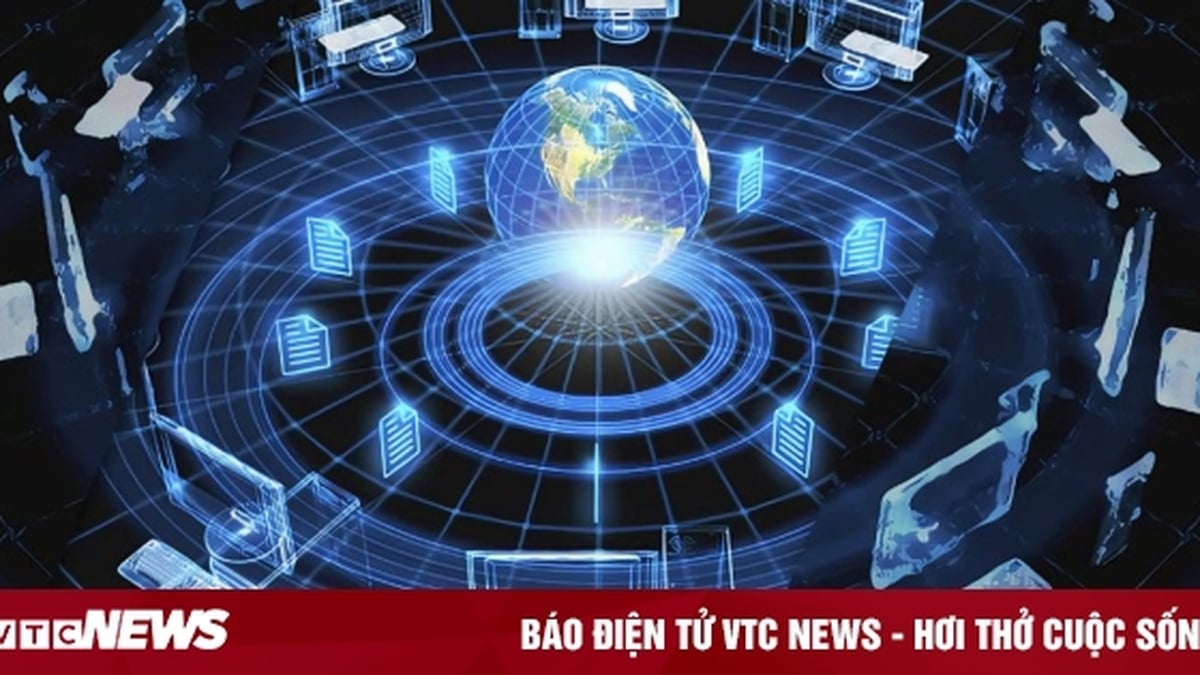
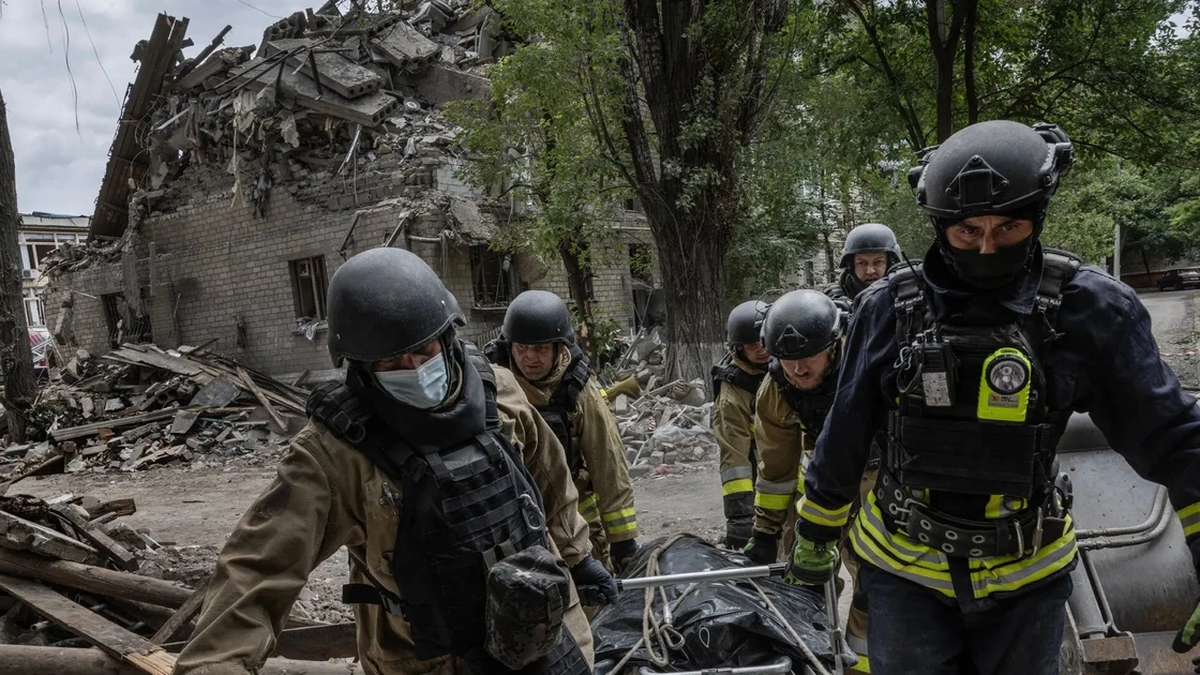
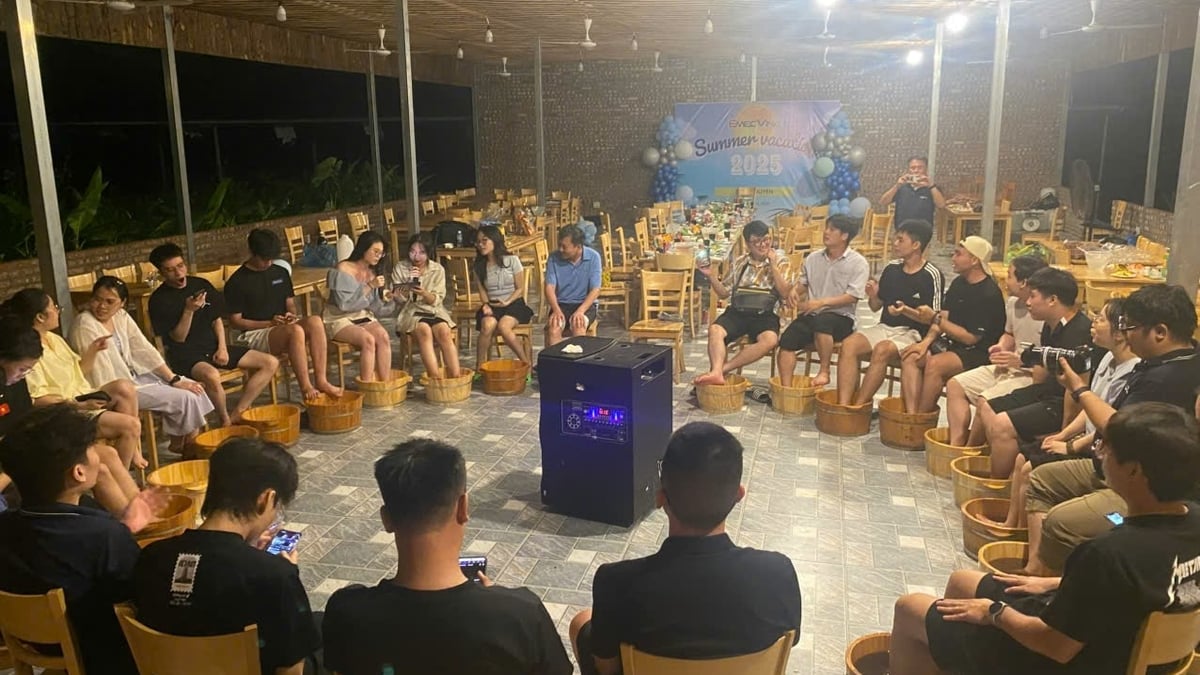
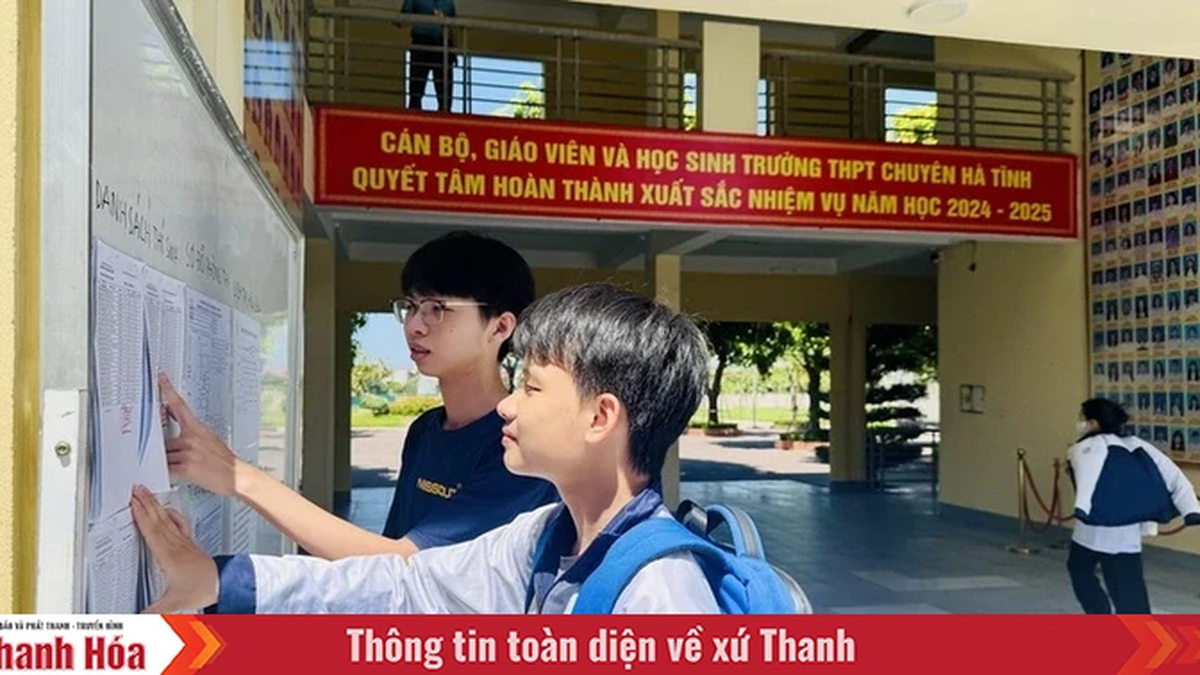
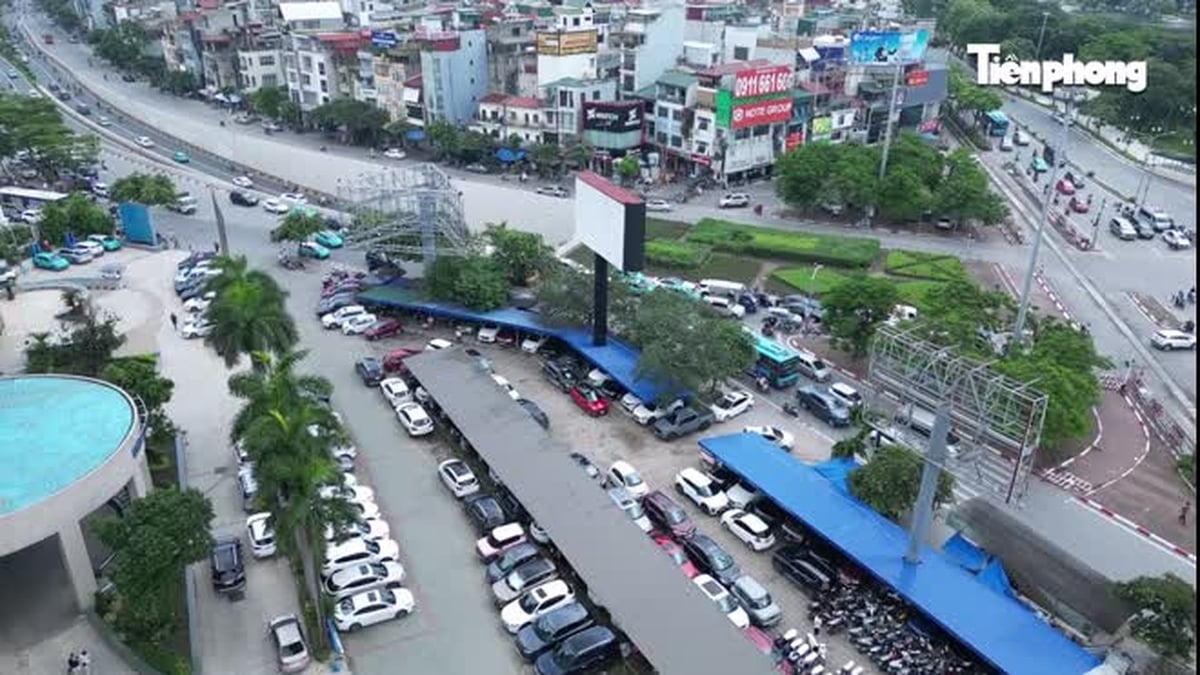
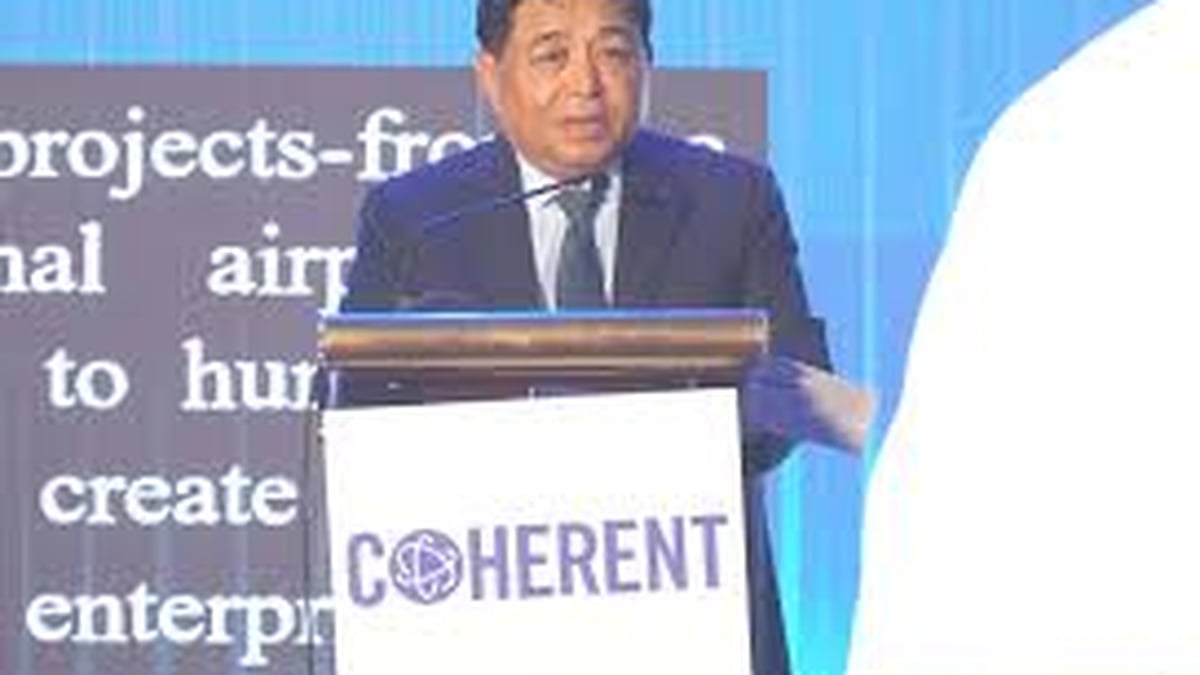
![[INFOGRAPHIC] LG xboom AI: The coolest Gen Z portable speaker this summer](https://vphoto.vietnam.vn/thumb/1200x675/vietnam/resource/IMAGE/2025/7/29/db13af6569c24d0582b8a1c82e7cecd2)


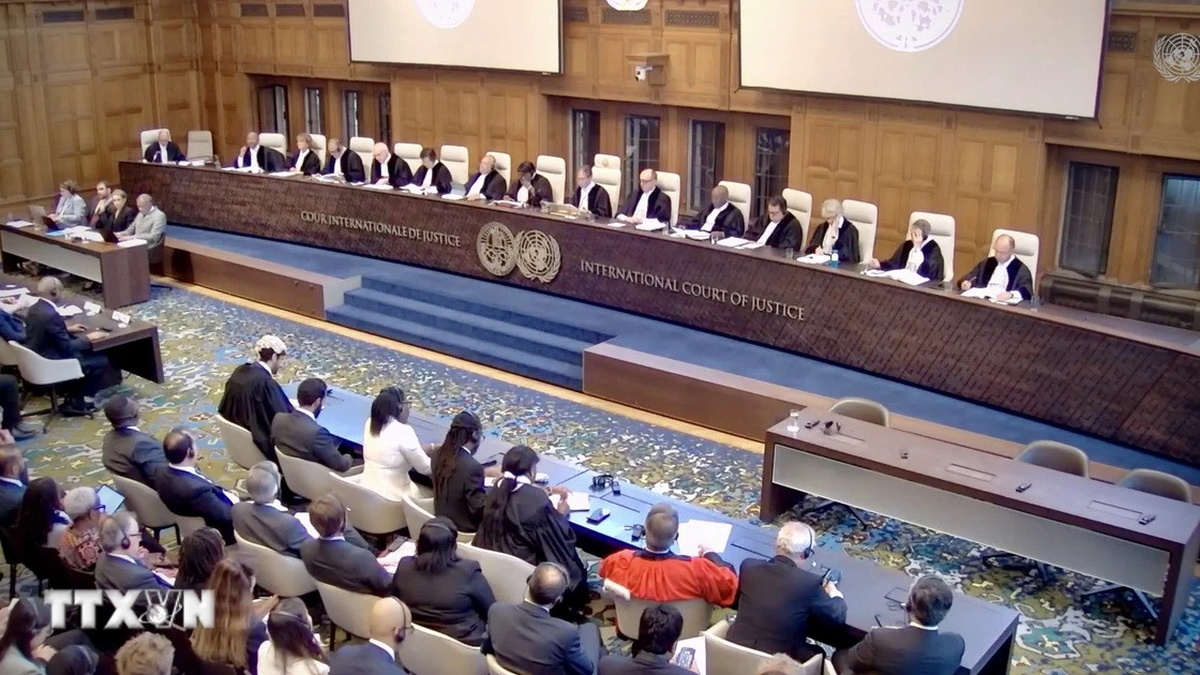


















![[Photo] National Assembly Chairman attends the seminar "Building and operating an international financial center and recommendations for Vietnam"](https://vphoto.vietnam.vn/thumb/1200x675/vietnam/resource/IMAGE/2025/7/28/76393436936e457db31ec84433289f72)























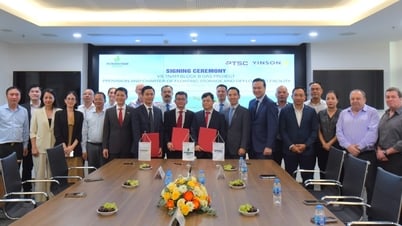











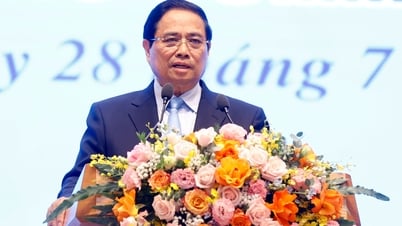
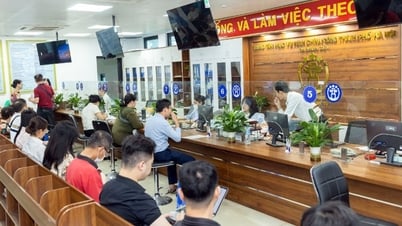

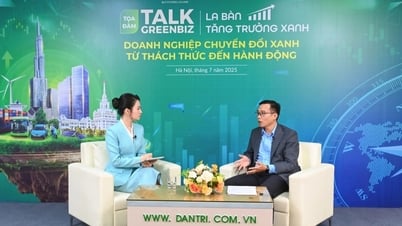
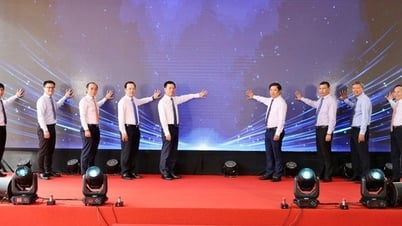






























Comment (0)